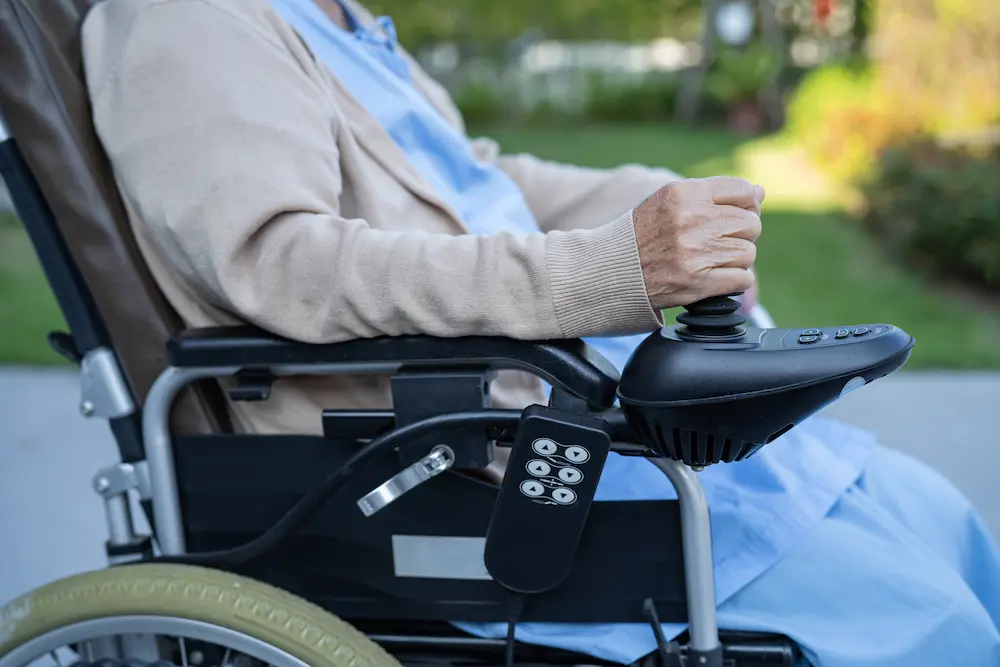As we age, our bodies undergo several changes, including digestive system adjustments that can lead to increased gas production. It’s important to understand how do you get rid of gas in the elderly to ensure comfort and well-being. The occurrence of gas can be uncomfortable and sometimes embarrassing, but with the right knowledge and strategies, seniors can manage this condition effectively.
Gastric issues among seniors are common and can be caused by a variety of factors, including diet, medication, and a decrease in digestive enzymes. Understanding these triggers is crucial in finding ways to alleviate the discomfort caused by gas.

Causes of Gas in the Elderly
Dietary Factors
Diet plays a significant role in the development of gas. Foods rich in complex carbohydrates, like beans and lentils, can contribute to increased gas production. Encouraging seniors to maintain a balanced diet while being mindful of gas-inducing foods is essential.
Digestive Changes with Age
As people age, their digestive systems often slow down, resulting in delayed stomach emptying and increased fermentation of food in the intestines. This can lead to gas accumulation.
Reducing Gas through Diet
Choosing the Right Foods
To reduce gas, seniors should focus on consuming easily digestible foods. Opting for low-fiber vegetables and well-cooked grains can minimize the risk of gas-related discomfort.
Portion Control
Eating smaller, more frequent meals can help manage gas symptoms. Large meals can overwhelm the digestive system, leading to more gas production.
Natural Remedies for Gas Relief
Herbal Teas
Herbal teas like peppermint and chamomile can help soothe the digestive tract, reducing gas and bloating.
Probiotics
Incorporating probiotics into the diet can promote a healthy gut flora balance, aiding digestion and reducing gas.
Lifestyle Modifications
Regular Physical Activity
Engaging in regular physical activity can help stimulate the digestive system and reduce gas buildup.
Stress Management
Stress and anxiety can exacerbate digestive issues, leading to more gas. Techniques like meditation and deep breathing can be beneficial.
Medical Interventions and Over-the-Counter Solutions
Consulting a Healthcare Professional
If dietary and lifestyle changes do not provide relief, it’s important for seniors to seek medical advice. A healthcare professional can recommend appropriate medications or investigate underlying causes of gas.

Frequently Asked Questions
- What foods should seniors avoid to reduce gas? Seniors should avoid high-fiber, fatty, and spicy foods known to produce excess gas.
- Can exercise help reduce gas in the elderly? Yes, regular exercise can promote healthy digestion and reduce gas.
- What are some immediate relief strategies for gas? Sipping on herbal teas or using over-the-counter anti-gas medications can provide immediate relief.
For more information on understanding and managing senior health issues, check out our article on increasing appetite in the elderly.
To further support elderly individuals, consider looking into elder care services that offer assistance and promote health.
This article contains affiliate links. We may earn a commission at no extra cost to you.

